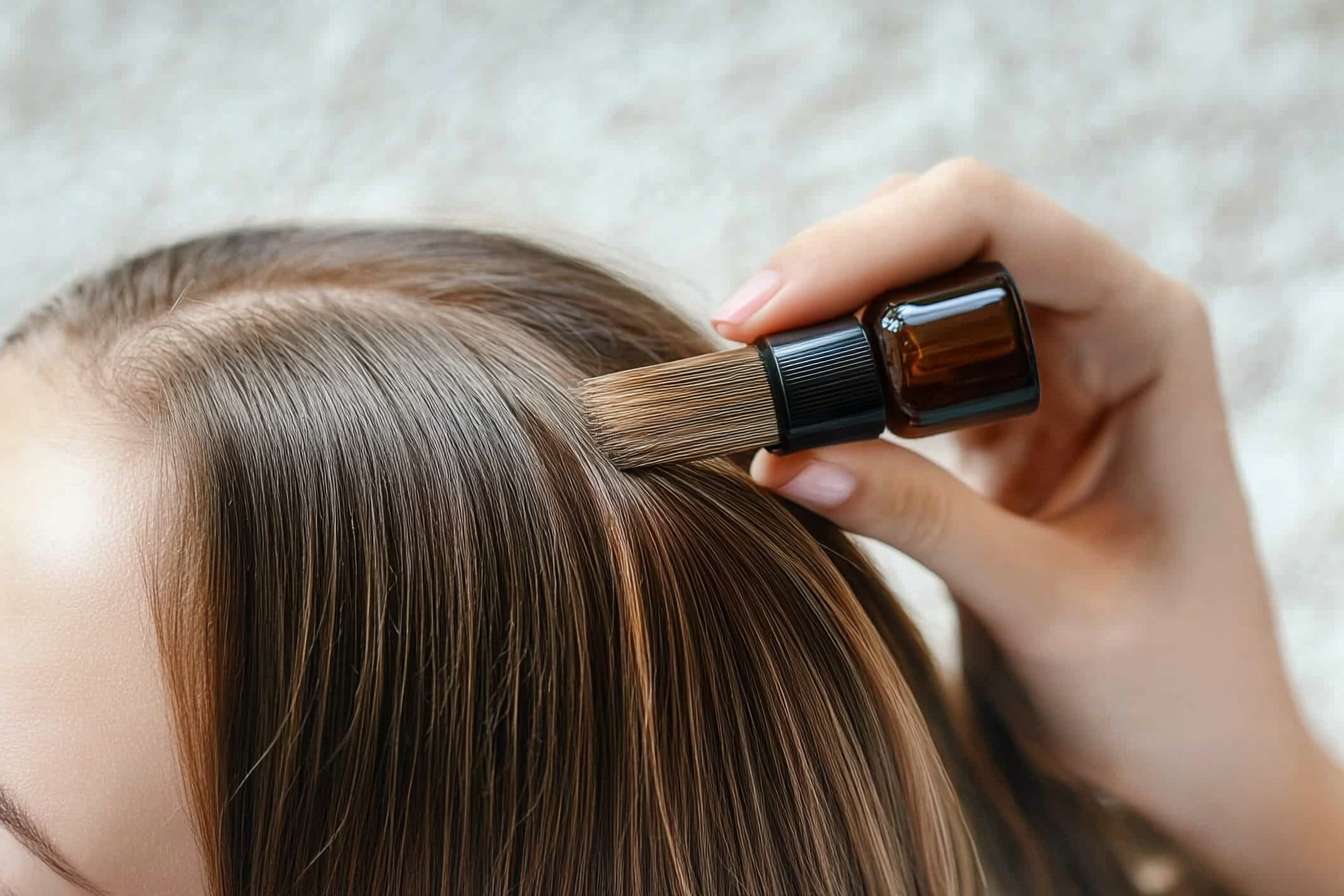Dandruff Treatment: Causes, Options, and Home Care
Dandruff is a common scalp condition characterized by visible flakes, occasional itching, and flaky skin on the scalp. It can affect anyone at any age and may be linked to dry skin, seborrheic dermatitis, or other scalp conditions. Understanding what causes flakes and how treatments interact with hair and scalp health can help you choose a steady care routine and reduce symptoms over time.

This article is for informational purposes only and should not be considered medical advice. Please consult a qualified healthcare professional for personalized guidance and treatment.
What causes dandruff on the scalp?
Dandruff arises from a combination of factors affecting the scalp’s skin. Excessive oil production, a yeast-like fungus called Malassezia, dry skin, and inflammatory skin conditions such as seborrheic dermatitis or psoriasis are common contributors. Environmental factors, stress, hormonal changes, and some hair products can also trigger or worsen flaking. Identifying the underlying driver — whether dryness, oiliness or an inflammatory condition — helps guide whether moisturizing, antifungal, or medicated anti-inflammatory treatments will be most effective.
How do flakes affect hair and scalp?
Visible flakes are pieces of dead skin from the scalp; they do not directly damage hair strands, but they can cause itching and discomfort. Frequent scratching may irritate the scalp, sometimes leading to temporary hair breakage or inflammation that affects hair growth cycles. Persistent odour, visible scaling, or redness can indicate a more active skin condition that requires treatment. Maintaining a balanced scalp environment supports healthier hair by reducing irritation and preserving the skin barrier that protects hair follicles.
Which medicated shampoos work for dandruff?
Medicated shampoos typically target the main underlying causes: fungal overgrowth, excess oil, and inflammation. Common active ingredients include zinc pyrithione (antifungal and antibacterial), ketoconazole (antifungal), selenium sulfide (reduces Malassezia and slows cell turnover), salicylic acid (helps remove scale), and coal tar (slows skin cell production). Rotate or follow label instructions to avoid irritation, and use medicated shampoos as directed — often several times a week initially, then less frequently for maintenance. If irritation occurs, stop use and consult a healthcare professional.
Are home remedies safe for skin and scalp?
Some home approaches can help control flakes when used carefully. Gentle, regular cleansing to remove oil and product buildup is foundational. Natural adjuncts like diluted tea tree oil or coconut oil may reduce fungal growth or moisturize the scalp for some people, but evidence varies and allergic reactions are possible. Apple cider vinegar is sometimes used to balance scalp pH, but it should be diluted and used cautiously. Always patch-test new treatments and avoid abrasive scrubs or excessive oiling that can worsen symptoms. Home remedies are best treated as complementary to established treatments rather than sole solutions for persistent conditions.
When should you see a dermatologist?
Seek professional evaluation if dandruff is severe, widespread, painful, bleeds, or associated with significant hair loss, or if over-the-counter treatments don’t improve symptoms after a few weeks. A dermatologist can distinguish dandruff from similar skin conditions (psoriasis, eczema, tinea capitis) and prescribe stronger topical antifungals, anti-inflammatories, or other therapies tailored to your scalp and skin type. Also consult a clinician if you notice sudden changes in scalp condition, signs of infection, or if you have a compromised immune system that may complicate treatment.
Dandruff management often involves a combination of consistent scalp hygiene, targeted medicated shampoos or topical treatments, and lifestyle adjustments such as stress management and avoiding triggering hair products. For many people, periodic use of the right medicated shampoo and attention to scalp moisture keeps flakes and itching under control. If symptoms are persistent or severe, a healthcare professional can provide diagnosis and a personalized treatment plan that considers both skin and hair health.





